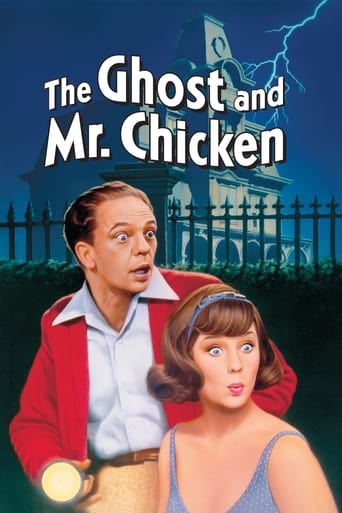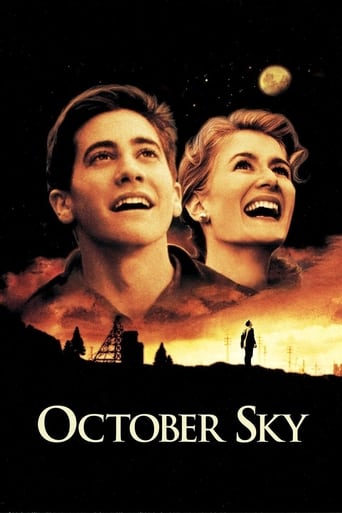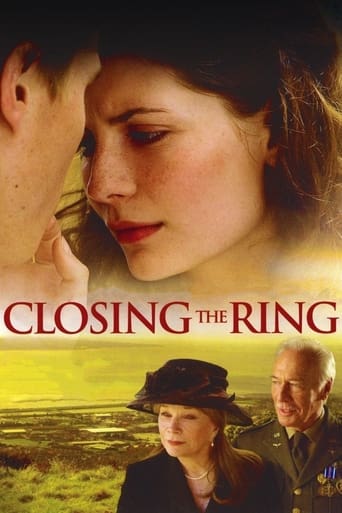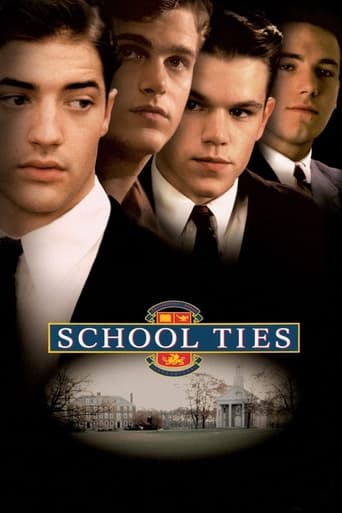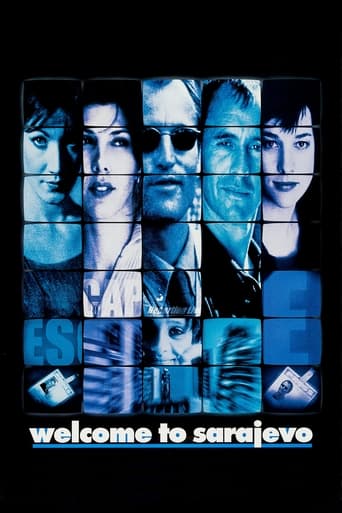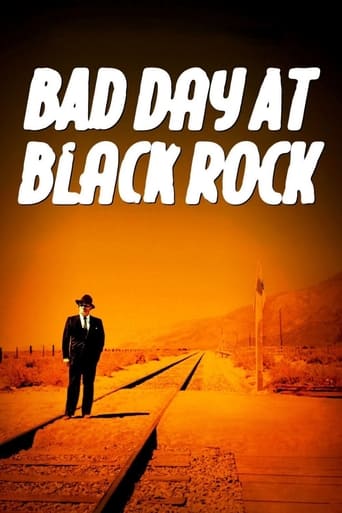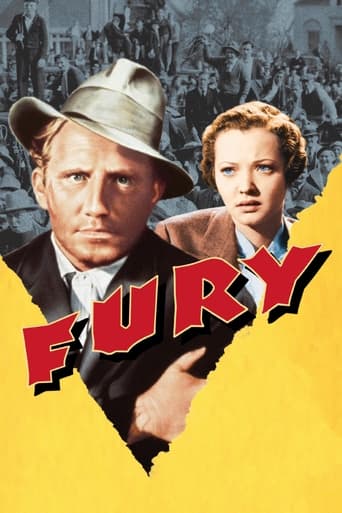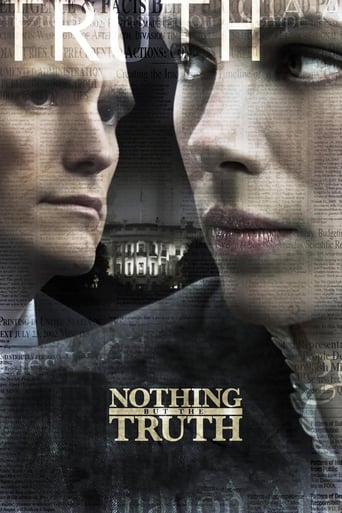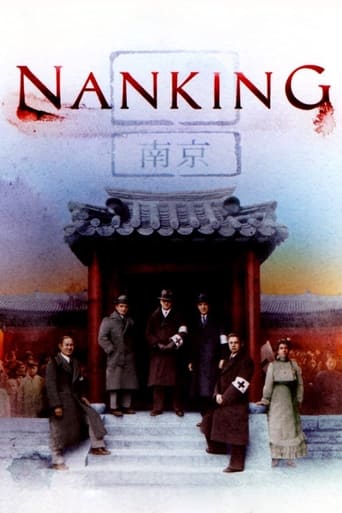Snow Falling on Cedars (1999)
In the 1950s, a Japanese-American fisherman is suspected of killing his neighbour at sea. For Ishmael, a local reporter, the trial strikes a deep emotional chord when he finds his ex-lover is linked to the case. As he investigates the killing, he uncovers some startling clues that lead him to a shocking discovery.
Watch Trailer
Cast


Similar titles
Reviews
Watching this film is like having someone holding onto my heart so tight it's strangled. The hate that lives in the hearts of some people is so dark and cold and mean it's devastating. Too many do not know how Japanese immigrants were treated in the United States not even a century ago. What's so shameful is the perpetrators were White Europeans who were immigrants themselves from Germany, Sweden, Holland, Great Briton. It's a disgrace on modern society during its growing stages to know how non-whites were treated with such disdain and disrespect. It makes me angry and deeply disheartened at the same time. It would not be so bad if we, as a society could say that was a dark time we have evolved from, but alas, it is still happening. there are So many people who feel terrible hate and disdain against people other than their own color, race, religion, gender, sexual orientation, etc., etc., we have not learned, we grow so slowly.
I loved the book, but I am not sure that any director could make the translation to film that captures both the lyrical and compelling nature of the book.Scott Hicks goes for lyrical and he certainly delivers. The cinematography is beautiful, the pace reverberates in space and time. The characters are painted with pointillist precision.The difficulty is that pointillism is pretty but lacks resolution. There is insufficient time to develop the characters. The urgent and desperate nature of the defendant's plight is lost amongst the beautiful cedars.Still, if you enjoyed the book then I would recommend seeing this movie.
Midpoint in the movie, the Japanese-American Internment is underway in a small Northwestern farming and fishing island in the Seattle, Washington, area. The Miyamoto family is visited by officials enforcing the expropriation and relocation of American citizens of Japanese ancestry. The officials rummage through the family's entire home and grounds, turning up every manner of personal items, especially anything of sentimental value such as personal letters or keepsakes (which supposedly suggest Japanese-cultural sympathies)—all boxed and taken away before their tearful eyes. The policemen find a container of dynamite, used by the Miyamoto men to clear the land, blow tree stumps. Turns out the law makes it a crime for people of Japanese ancestry to own explosives—a felony. "Aha!" the cops say, "we have a serious criminal." With the sensitivity of a dirty toilet seat, the goon squad handcuffs the father and takes him into immediate custody. Sound familiar? It does if you've been on the receiving end of any sort of act of state aggression... from busting kids for drugs to fabricating wars for the benefit of the Carlyle Group. ...For my complete review of this movie and for other movie and book reviews, please visit my site TheCoffeeCoaster.com.Brian Wright Copyright 2009
It is a pity that one of the very few Hollywood films that deal with the plight of Japanese- Americans during WWII should, though based on a fairly good novel, descend to such extraordinary lengths to "prove" that the incarceration of innocent people is a national disgrace. You would think that an intelligent audience might be trusted to know this without having it explained to death, and that it would need none of the self-indulgent, frequently manipulative "pathos" that mars this extremely kitschy film. Some of it is good. Much of it is so mistrustful of its audience that nothing--not even the deportation of the Japanese to concentration camps--can be depicted without a heavy-handed, editorializing musical score that owes more to Karl Orff than it contributes to the dramatic situation. Some of the performances, particularly that of Sam Sheperd, are excellent. The direction, the editing, are embarrassingly derivative. Characters are either impossibly noble and likable or so unambiguously dreadful that you wonder their neighbors allowed them to go on living. There is no middle ground. Shades of gray, absent from the director's mind, are nowhere to be found in his film. Ultimately there is nothing here but a second-rate film director exhibiting his unwillingness to let the material speak for itself. The movie should be awarded a prize for the most intrusively manipulative musical score in recent film history.








